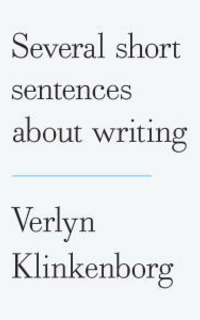Collection
21 Good Books I Read in 2021 (with bonus 10 books)
My favourite reads from a long, hard year, plus an extra 10 good ideas from books that didn't make the top of the list.
“It is better to live in a state of impermanence than in one of finality.” One of those infuriating books that lose you for a few pages and you start skimming and the very second you’re about to put it down and read something else, a sparkling gem of a sentence appears that you double-underline and scribble in your commonplace book, and gets you to start reading again.
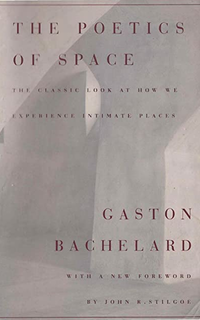
A posthumous collection of an author I wish I’d read when he was alive. Maybe my favorite thing I read all winter. I savored a handful of essays each night in bed. If you’re new to his work, try his ode to the heart, “Joyas Voladoras,” or “The Greatest Nature Essay Ever.” There’s a big archive of his at The American Scholar. (Recommended to me by a newsletter reader. Thanks, Cate!)
“You’ll be nostalgic for this, too, if you make it.” Think about how hard this is to pull off: a poet writes a bestselling memoir and then follows it up with a novel. (Priestdaddy was on my favorites of 2018.) One of the most original writers of our generation. I will be instantly reading whatever she writes next.
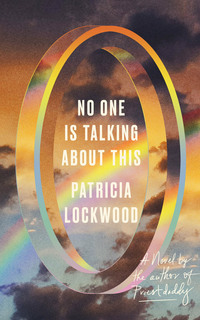
The Czech writer Bohumil Hrabal once worked as a trash compactor, and, according to the critic James Wood, he “rescued books from the compacting machine and built a library of them in the garage of his country cottage outside Prague.” He based his wild, short novel on his experiences, giving them to the fictional narrator, Hanta, who says he “can’t quite tell which of my thoughts come from me and which from my books.” (Same.)
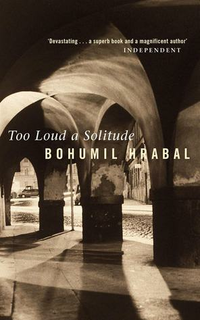
Have you heard of the Beatles? They were pretty good. This is probably the best book about the band I’ve ever read. I love how saucy MacDonald gets: of “A Day in the Life,” arguably the high point of their achievement, he writes, “More nonsense has been written about this recording than anything else The Beatles produced.” Of Paul’s granny music: “If any single recording shows why The Beatles broke up, it is MAXWELL’S SILVER HAMMER.” A highlight for me is when MacDonald points out that how many of the big British bands of the sixties were made up of kids who went to art school. (Beatles, Stones, Kinks, Who, etc.) You could blow up the chronology stuffed in the back and make another book out of it.
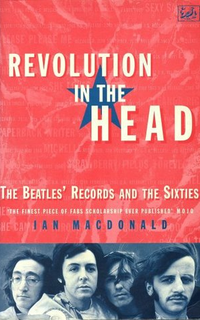
A downright gorgeous book. I’ve always been a bit obsessed with maps and even started my own collection of imaginary maps way back in 2008. If I’d have owned this book when I was doing my undergrad thesis, who knows, maybe I’d be a novelist? The Writer’s Map would pair well with Peter Turchi’s book, Maps of the Imagination: The Writer as Cartographer.
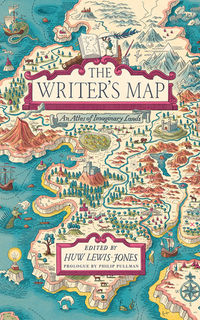
Beautifully written and beautifully translated from the Italian by husband/wife team Simon Carnell and Erica Segre. Sadly, I found out that Segre died unexpectedly this year. Rovelli said, “They not only captured perfectly my meaning but they could completely render the feeling and sound of my Italian — and improve it, because their English language is remarkably beautiful and rich.” (I read several of the couple’s translations of Rovelli’s books, including Seven Brief Lessons on Physics.)
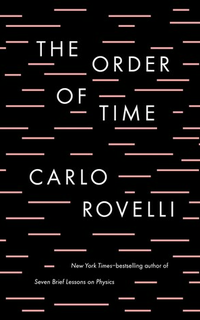
The great reading project of my spring was reading Richardson’s trilogy of biographies: Henry Thoreau: A Life of the Mind (which was so good Annie Dillard wrote him a fan letter and they wound up getting married), Emerson: The Mind on Fire (which I swear reads in spots like he was showing off for his new partner), and William James: In the Maelstrom of American Modernism. (I also read his short biography of his mentor, the biographer Walter Jackson Bate.) Emerson is my favorite of the three and set me on a path of rethinking my indexing and filing systems. (If you’re new to Richardson’s work, I might start with First We Read, Then We Write: Emerson on the Creative Process.)
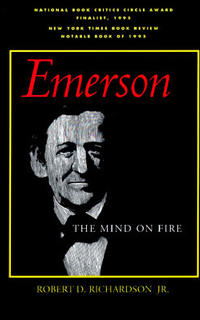
This was a favorite book of Emerson and some of the other transcendentalists. Eckermann was 31 when he met the 74-year-old Goethe, and this book is a record of their conversations over nine years. Like many old books, it’s a great reminder that human beings have always been hilarious — I love how Eckermann will ask a question and Goethe goes into these long monologues that read almost stand-up routines. “The truth must be repeated over and over,” Goethe said. “My merit is, that I have found it also, that I have said it again, and that I have striven to bring the truth once more into a confused world.”
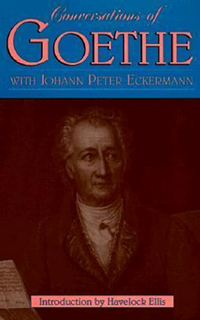
“Let those who are free of Texas enjoy their freedom.” McMurtry’s first book of essays, published in 1968, after his novel, The Last Picture Show. Belongs on the shelf next to Wright’s God Save Texas and other great books about this insane state I happen to live in. (Related reading: The Pirate Gardener.)
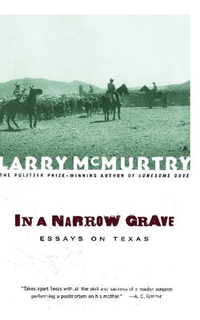
“Imperfection is a portal. Whereas perfection and symmetry create distance… imperfection and the messy particular had the power to open the heart.” I loved Ruhl’s 100 Essays I Don’t Have Time To Write, so I was delighted to read an advance copy of her memoir. A playwright, McArthur “Genius,” and mother of 3, she writes beautifully about the intertwining of her art and everyday life.
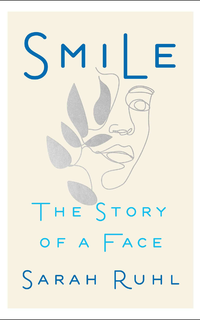
“Being a writer is an act of perpetual self-authorization,” Klinkenborg writes. “Who’s going to give you the authority to feel that what you notice is important? It will have to be you.” This is simply one of the best books about writing I’ve ever read. Up there with Anne Lamott’s Bird by Bird and other classics. (Related reading: “The most important thing you do.”)
